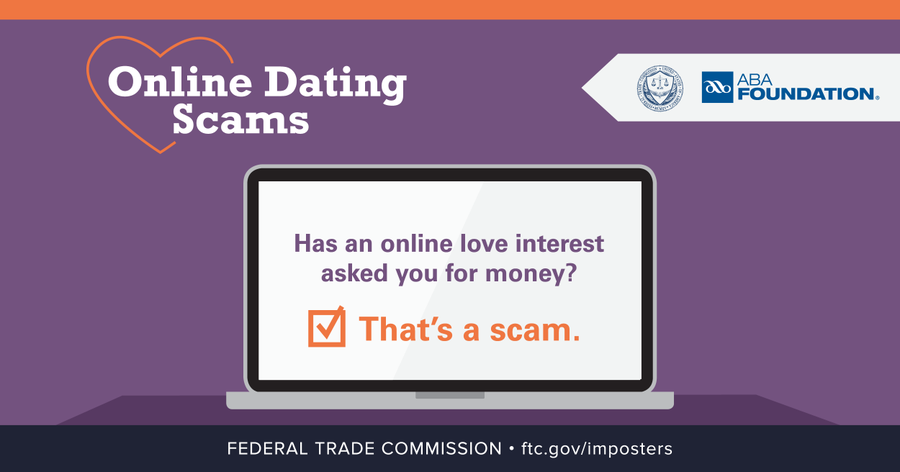During the past four years, the FTC logged more than 378,000 reports from veterans — and nearly 161,000 were fraud-related. More than 24,000 of those reported a loss (with total losses of $205 million). Veterans had a median loss of $755, compared to active duty servicemembers who reported a median loss of $500 over the same period.
For both veterans and active duty personnel, imposter scams were among the top five scams causing a loss. Imposters pretend to be someone you trust to try to convince you to send them money. These scammers use all kinds of angles to make their stories sound believable. Here are some tips (and a few videos) that talk about how to spot an imposter scam.
Scammers pretend to be officials from the IRS or other government agencies to get your money. They even rig caller ID to make their call look official. They play on your fears and threaten to take your driver's license or sue, arrest, or deport you, if you don’t pay. Hang up — legitimate government officials won't threaten you or insist that you pay with a gift card, a wire transfer, or cashier's check.
Some scammers are phishing for your personal information and pretend to be from legitimate businesses, including popular online shopping websites. A caller may claim to be from Amazon.com — they say your credit card has been charged a large amount of money for some order. Then, they’ll give you the “Amazon Support” phone number and tell you to immediately call if you didn’t make that order. Don’t do it. That’s not really Amazon. The scammers want you to call their number so they can ask for your passwords, credit card number, and other sensitive information to get your money.
You meet someone on a social networking site. They seem like a perfect match, but soon enough they ask you to send money. The person pretending to be your virtual sweetheart is a scammer. If an online love interest asks you for money, don’t send it.
Scammers pose as big name companies and call or send pop-up messages to scare you about the security of your computer. They run scans to show you what’s wrong with your computer. But the truth is, they aren’t finding and fixing problems. They just want you to pay for software or tech support services you don't need. Don't give out your financial information, and don't let anyone take control of your computer.
Check out more tips to avoid these scams at ftc.gov/imposters.





